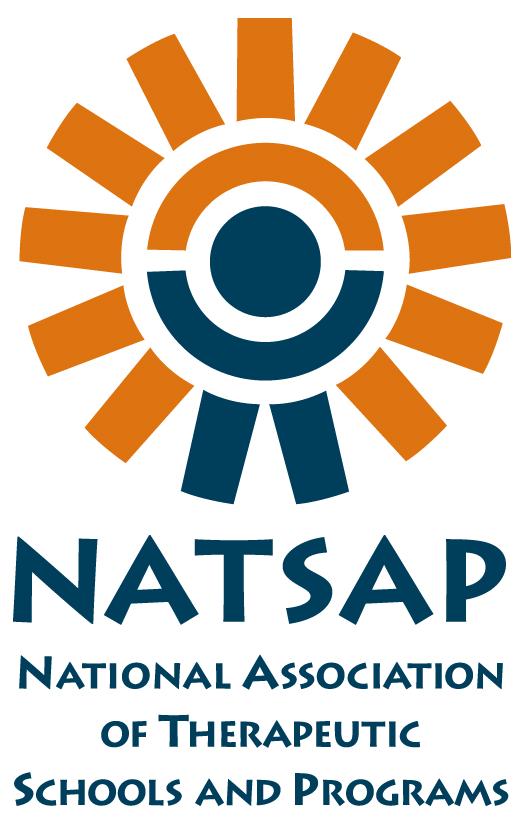What is Reactive Attachment Disorder (RAD)? Reactive Attachment Disorder is a mental health disorder in which a child does not have his/her basic needs for affection, nurturing and comfort met. As a result, loving and caring attachments with others are not developed.
RAD is frequently seen in children and adolescents who have had inconsistent or abusive care in early childhood as well as in the womb. Most include but are not limited to adopted children and those in foster care.
Reactive Attachment Disorder keeps adolescents from forming healthy social relationships. Adopted children often have Reactive Attachment Sisorder and during the adolescent years this becomes extremely problematic as they begin to cultivate relationships when they do not have the skills to appropriately relate in social situations.
There are two types of RAD: Inhibited and Disinhibited. Inhibited RAD is characterized as a failure to initiate or respond in a developmentally appropriate way in a social setting. A teen with inihibited behavior avoids relationships and attachments with almost everyone. Disinhibited RAD is characterized by indiscriminate sociability such as excessive familiarity with relative strangers. A teen with disinhibited behavior seeks attention from everyone and often exhibits inappropriate childish behavior or appears anxious. (American Psychiatric Association, Diagnostic and Statistical Manual of Mental Disorders DSM-IV-TR)
Symptoms
- Withdrawing from others
- Compulsive lying
- Avoiding or dismissing comforting comments or gestures
- Acting aggressively toward peers
- Watching others closely, but not engaging in social interaction
- Failing to ask for support or assistance
- Trusting strangers
- Obvious and consistent awkwardness or discomfort
- Masking feelings of anger or distress
- Alcohol or drug abuse
- Abusive to animals
- Self harm
- Hoarding
Adolescents that suffer from RAD have the false belief that they are not capable of being loved. Adolescents will seem charming and helpless to outsiders, while waging a campaign of terror within the family. Adolescents with RAD manipulate strangers with charm and even inappropriate affection, but react aggressively as soon as an adult gets too close emotionally. Among people who know them well, these individuals pick and choose whom they will love in order to show their control of the situation.
Adolescents with RAD will often chat incessantly in an attempt to control the classroom in which they are falling farther and farther behind. In addition, an unattached child typically has poor hygiene. These behaviors make the youth stand apart from his peers who now want nothing to do with him; reinforcing his belief that he is not capable of being loved. These individuals seem to lack any remorse for their actions, and they are often fascinated with anything that repulses or shocks people in authority. They may lie (about the only time they will look you in the eye), cheat and steal without a second thought. When confronted about this behavior, they will make quite a scene in an intense battle for control.
Reactive Attachment Disorder is a lifelong condition, but with treatment adolescents can develop more stable and healthy relationships with caregivers and others. Safe and proven treatments for Reactive Attachment Disorder include psychological counseling and parent or caregiver education.
Triumph Youth Services offers a small, highly structured family environment for youth. This family-like community promotes a social environment that takes on both therapeutic and healing properties instead of maintaining negative behaviors.
Triumph Youth Services provides a daily Life Skills Group. The goal of our Life Skills Group training program is to teach the student a new set of responses to social situations, as well as how to integrate his behavior with others in the environment. Our staff members are trained and encouraged to be effective leaders by serving as teachers or coaches who hold the young men responsible for working on problems and to act as limit setters and good listeners. In addition to modeling appropriate behavior, our staff members help students with RAD to recognize appropriate interactions with others which help solidify proper interpersonal relationships.
The clinicians at Triumph Youth Services are highly trained and have extensive experience working with adolescent youth. They specialize in working with adolescents with Reactive Attachment Disorder (RAD) using Dialectical Behavior Therapy (DBT). Our clinicians are licensed and approved as mental health professionals to provide individual, group and family therapy. Students with RAD are highly challenging, but with the proper environment and supervision they can become productive members of their families and society.








